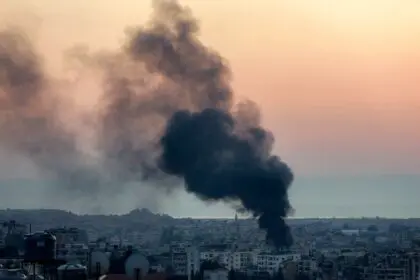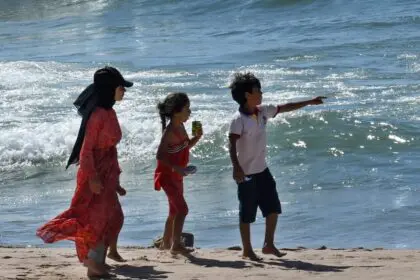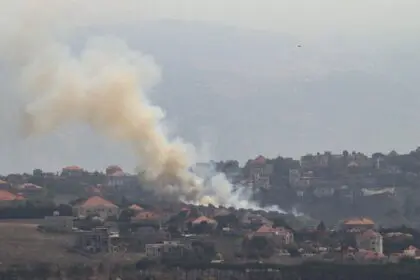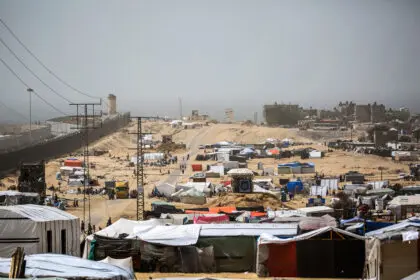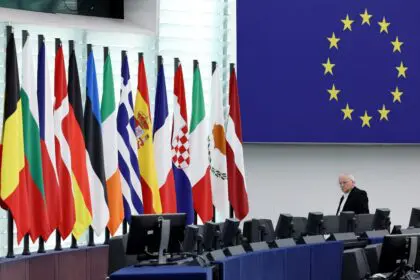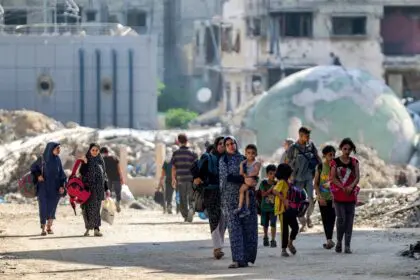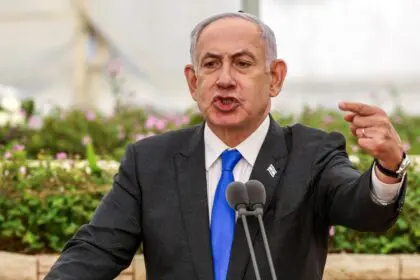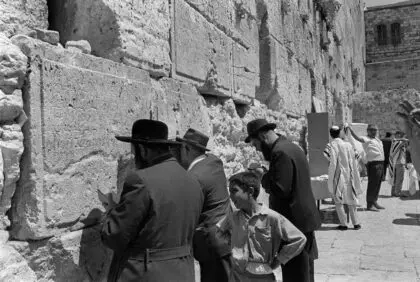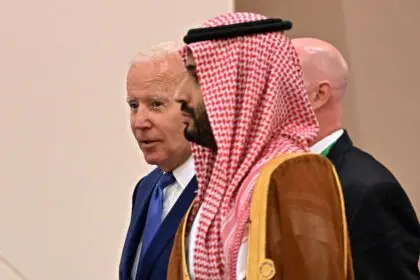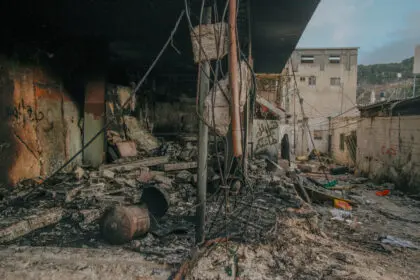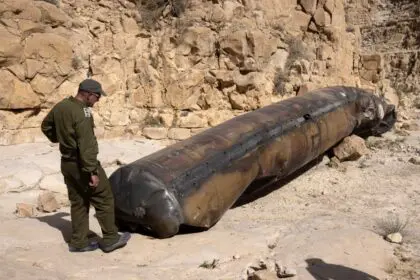
Introduction

Israel is a parliamentary democracy, based on a number of Basic Laws. It has no formal constitution. Religious political parties have in the past blocked all efforts to create a constitution. They hold the opinion that the Jewish state’s constitution must be based upon the Torah (the Five Books of Moses) and the Jewish law (halakhah) that arises from it.The Basic Laws lay down the framework and powers of the executive, legislative and judicial branches of government, and concern special areas of Israel’s polity such as the economy, civil-military relations and the status of Jerusalem. One of the most characteristic laws is the Law of Return, which was adopted in 1950. This law grants every Jew who can prove to have at least one Jewish grandparent the right to acquire Israeli citizenship (Israeli nationality does not exist). The legislative competence rests with the Knesset. The Supreme Court has the authority to determine whether a law is in accordance with the Basic Laws.
The Executive

The Government is the executive authority of the State. It is collectively accountable to the Parliament, the Knesset. The Prime Minister must be a member of the Knesset, but this does not apply to ministers.
Upon forming a new government, normally after elections, the President consults with party groups in the Knesset and then assigns the task of forming a government to a Knesset member. The assignment must be fulfilled within seven days of publication of the election results. The assigned member of Parliament is given a period of 28 days to form a government. The President can extend this period with a maximum of another fourteen days. The Knesset must approve the composition of the government by simple majority.

The Knesset can pass a vote of no confidence in the government. This motion of no confidence consists of a request to the President to assign the task of forming a new government to a certain member of the Knesset, i.e. the Parliament recommends the successor to the Prime Minister who it has dismissed. If the Prime Minister ascertains that a majority of the Knesset opposes the Government and that the effective functioning of the Government is prevented as a result, he may, with the approval of the President, dissolve the Knesset and call new elections.
The position of prime minister is currently occupied by Benjamin Netanyahu, who heads a government consisting of the Likud party and a number extremist right-wing parties.
The Legislative
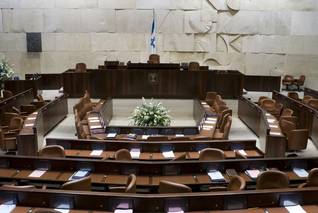
The Knesset is the unicameral parliament of Israel. It has the exclusive right to enact laws and supervise the government’s work. It also has the power to lift members’ immunity and to remove the President of the State and the State Comptroller.
The Knesset has 120 seats and is elected in general elections once every four years. Until now, only twelve out of the twenty Knessets served its full four-year term. The fourth and seventeenth Knesset were especially short-lived, one year and nine months, and two years and eleven months respectively. The twenty parliaments which have been formed until this day, were made up of members belonging to between nine an fifteen different political groups.
In the 2015 elections, the Likud party won 30 seats, surpassing the 24 seats of the Zionists (an alliance made up of the Labour Party, led by Isaac Herzog, and Hatnuah, led by Tzipi Livni). The Arabic Joint List won 14 seats.
The Presidency
The President is the Head of State. He is elected by Parliament, the Knesset, for a non-extendable seven-year term by majority vote. Up to the year 2000, the President was elected for a five-year term in office and he could be re-elected once. The President’s role is ceremonial, laid down in the Basic Law on The President, which stipulates that one of his tasks is to sign every law and international or bilateral treaty that is approved by the Knesset. The President may ‘neither intervene politically nor express personal views on issues that divide the public’.
If the President is temporarily incapacitated, leaves office or is removed from office by a three-fourth majority in the Knesset, the Speaker of the Knesset temporarily acts as Interim President. This was the case in 2007, when the then President Moshe Katsav resigned after a sex scandal. The Speaker of the Knesset at the time, Dalia Itzik, acted as Interim President. Itzik was Israel’s first female President (for a period of six months). The current President, Reuven Rivlin, was elected in June 2014.
Districts
Israel is divided into six districts and thirteen subdistricts. The districts are administered by a district commissioner, the subdistricts by a district officer, both appointed by the government.
The districts are: Jerusalem, with no subdistricts, and a population of 924,100 and a population density of 1,484 people per square kilometre (all figures for the year 2009); Tel Aviv, with no subdistricts, and a population of 1.3 million, population density 7,522; Haifa, with two subdistricts (Haifa, Hadera) and a population of 898,400, population density 1,023; Northern district, with five subdistricts (Safed, Kinneret, Yizre’el, Akko, and the occupied Golan Heights) and a population of 1,257,200, population density 292; Central district, with four subdistricts (Sharon, Petah Tikva, Ramla, Rehovot) and a population of 1,814,300, population density 1,464; Southern district, with two subdistricts (Ashkelon, Beersheba) and a population of 1,084,200, population density of 79 people per square kilometre.
Municipalities
There are three kinds of local authorities in Israel. Municipal councils administer the cities. Local councils administer smaller inhabited areas, while regional councils form the local authority of several (usually rural) settlements. They are united into the Union of Local Authorities in Israel (ULAI). According to the ULAI, in May 2007 Israel had 255 local authorities: 72 municipal councils, 128 local councils and 53 regional councils.
They govern according to bylaws approved by the Ministry of the Interior. Local officials are elected for four-year terms. Some territories do not have a regulated regional or local administration, such as a large territory in the vicinity of the city of Beersheba (Be’er Sheva or Bir al-Sab), inhabited by Bedouins.
Until the 1980s, local politics were largely dominated by national political parties. However, local parties have since begun to develop. Since the 1980s, the number of local lists of candidates that are not linked to a national party has increased. According to the results of the 2003 local elections, candidates on the local lists received 52 percent of the votes, compared to 44 percent in 1998.
The share of Labour (Avoda) and Likud, the two national ruling parties, in local elections dropped from 72.8 percent of the votes in 1965 to just 16 percent in the 2003 elections. The national parties’ influence in the appointment of candidates for mayor seems still considerable.
Latest Articles
Below are the latest articles by acclaimed journalists and academics concerning the topic ‘Politics’ and ‘Israel’. These articles are posted in this country file or elsewhere on our website:



